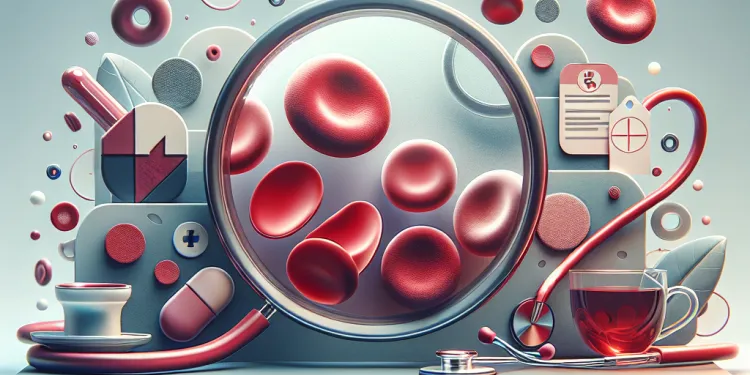
Find Help
More Items From Ergsy search
-
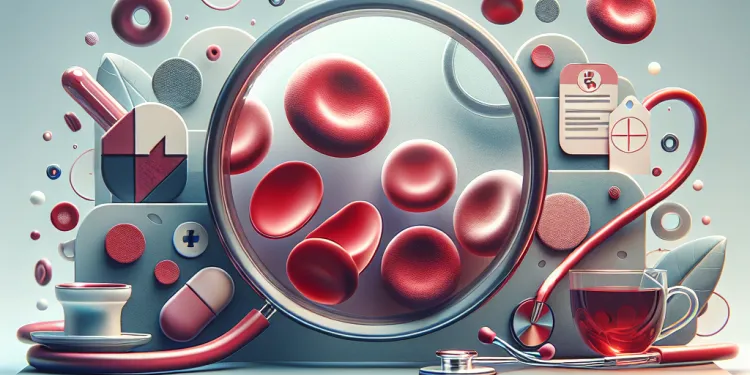
What is sickle cell disease?
Relevance: 100%
-

Introduction to Sickle cell disease
Relevance: 99%
-
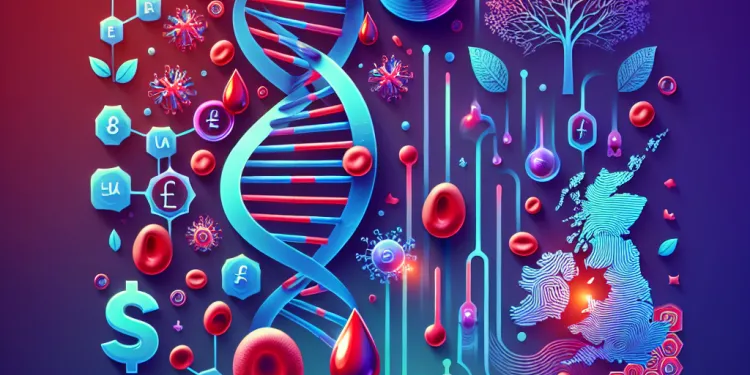
How is sickle cell disease inherited?
Relevance: 96%
-
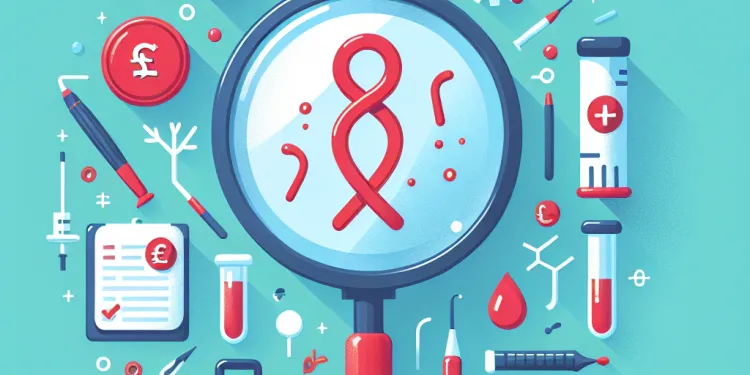
How is sickle cell disease diagnosed?
Relevance: 96%
-

What are the symptoms of sickle cell disease?
Relevance: 95%
-
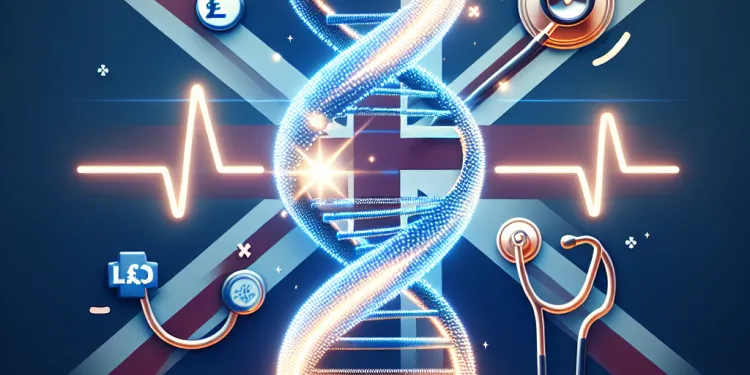
How is sickle cell disease treated?
Relevance: 95%
-

What are the complications of sickle cell disease?
Relevance: 95%
-

Sickle cell anaemia | NHS
Relevance: 82%
-

Tour of the Sickle Cell and Thalassaemia Unit at City Hospital | SCaT
Relevance: 75%
-

Sickle cell patients share their experiences with the last NHS Chief Executive Amanda Pritchard
Relevance: 66%
-

Will I be in a shared or single cell?
Relevance: 36%
-
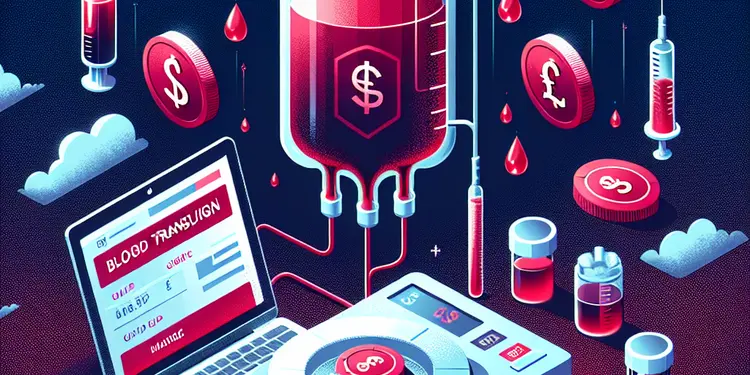
Why might someone need a blood transfusion?
Relevance: 32%
-
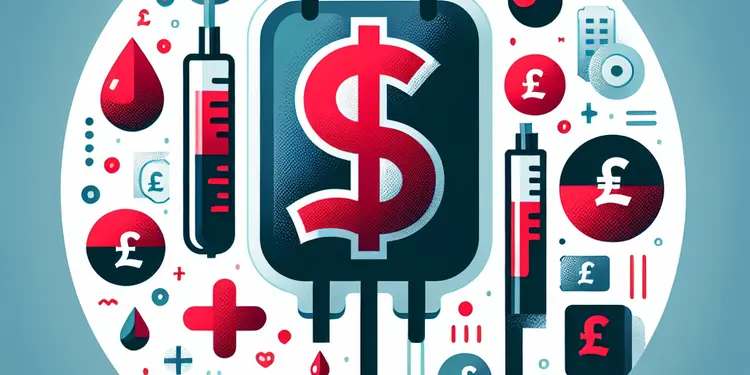
What are some common reasons blood transfusions are needed?
Relevance: 31%
-
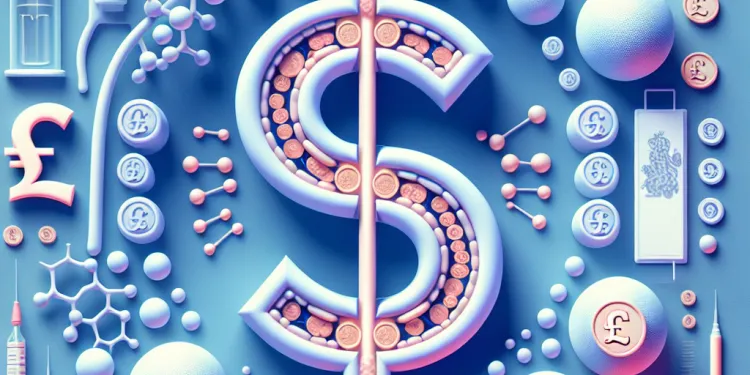
What is Mitochondrial disease?
Relevance: 31%
-

When do I find out about my cell assignment?
Relevance: 31%
-

Can Huntington's disease be cured?
Relevance: 29%
-

Is there a cure for motor neurone disease?
Relevance: 27%
-

Anaemia One stop shop
Relevance: 27%
-

What causes Huntington's disease?
Relevance: 26%
-

What research is being done on Huntington's disease?
Relevance: 25%
-
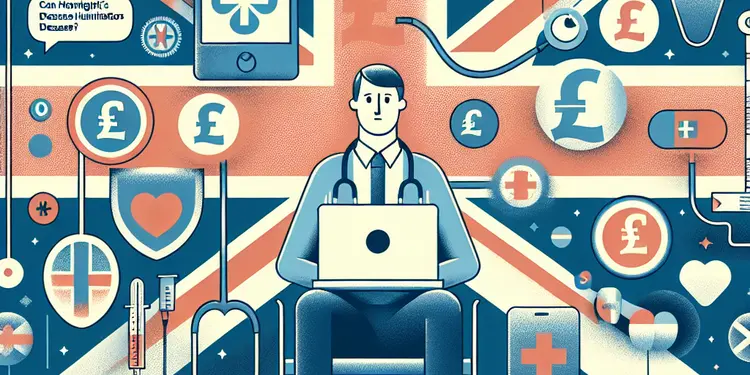
Can Huntington's disease be prevented?
Relevance: 25%
-
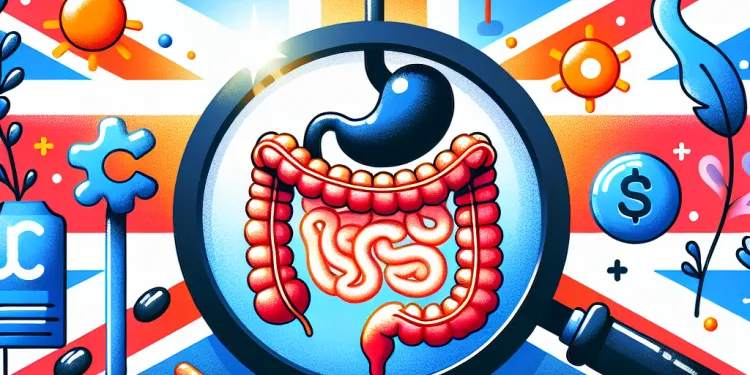
Is there a cure for Crohn's disease?
Relevance: 24%
-

Is Crohn's disease contagious?
Relevance: 24%
-
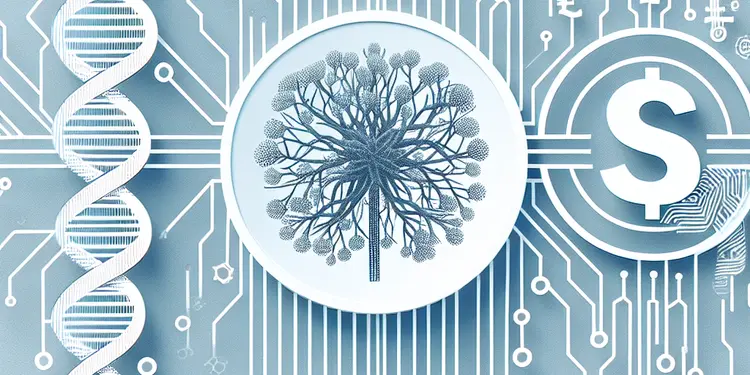
Is motor neurone disease hereditary?
Relevance: 24%
-
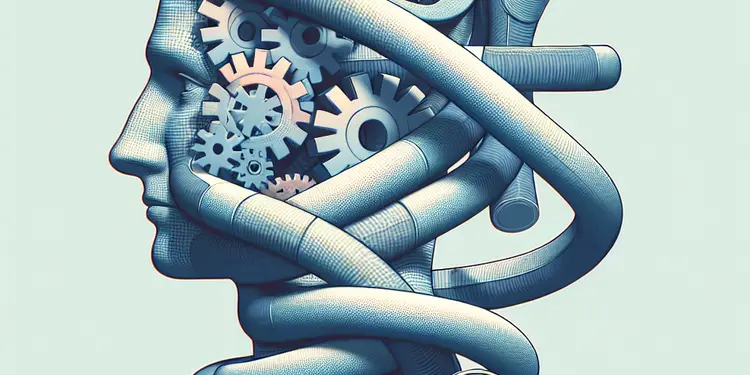
Is Huntington's disease fatal?
Relevance: 24%
-

What is Huntington's disease?
Relevance: 23%
-

What causes Alzheimer's disease?
Relevance: 23%
-

How does Huntington's disease affect movement?
Relevance: 23%
-

What causes motor neurone disease?
Relevance: 23%
-
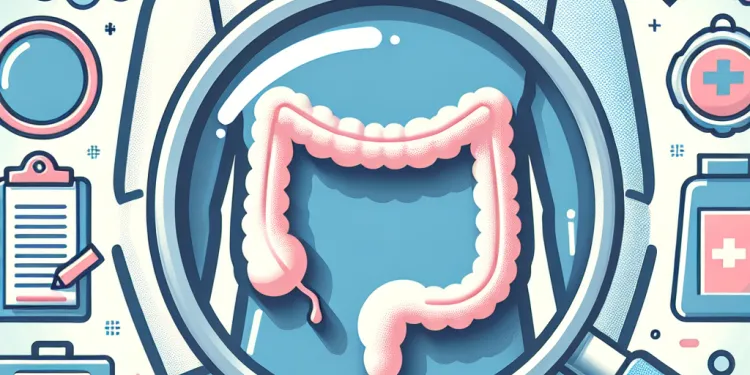
How is Crohn's disease diagnosed?
Relevance: 23%
-

How is Huntington's disease diagnosed?
Relevance: 22%
-
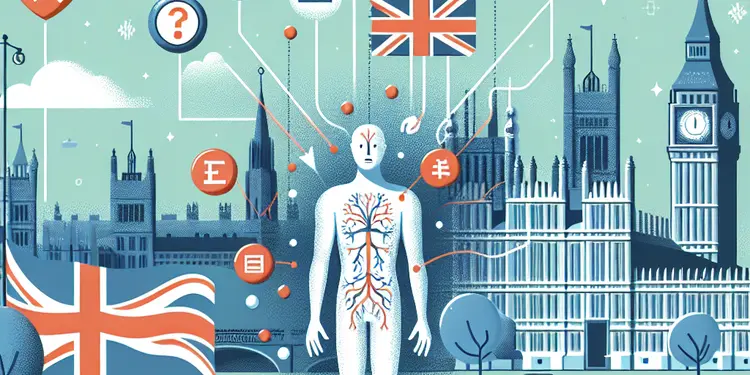
How does Huntington's disease affect emotions?
Relevance: 22%
-

What is Parkinson's disease?
Relevance: 22%
-

Coeliac disease
Relevance: 22%
-

Coeliac Disease: Session 1: What is Coeliac Disease?
Relevance: 22%
-
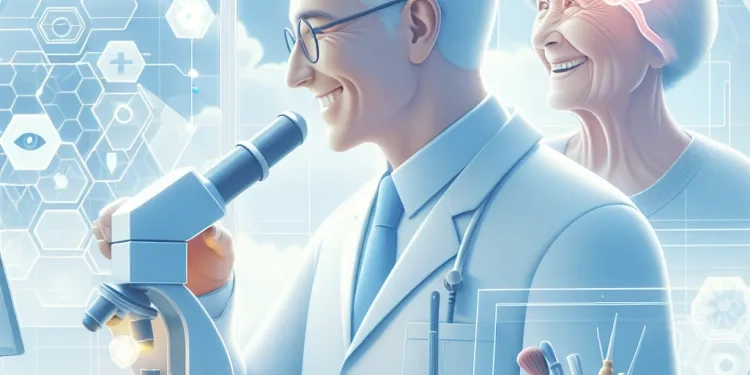
What is Alzheimer's disease?
Relevance: 22%
-
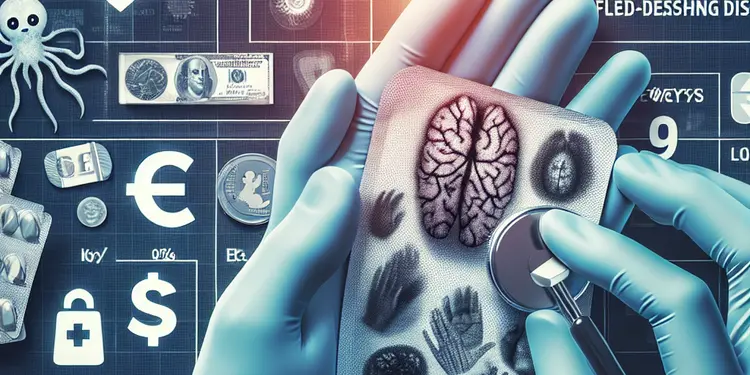
How is flesh-eating disease diagnosed?
Relevance: 22%
-

What role do genetics play in motor neurone disease?
Relevance: 21%
-
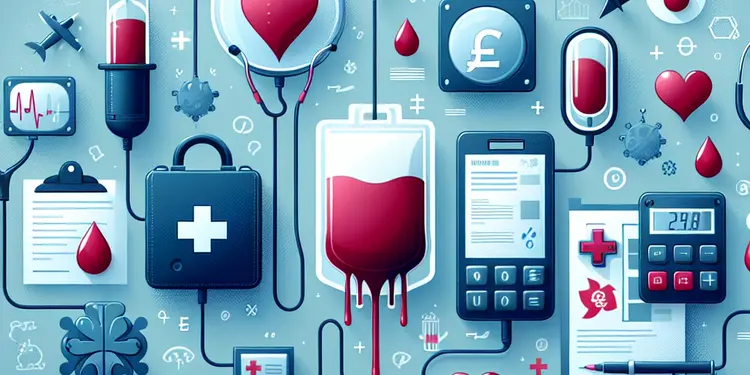
Can certain medical conditions prevent receiving blood transfusions?
Relevance: 21%
-

Parkinson's disease: Karen's story | NHS
Relevance: 21%
What is Sickle Cell Disease?
Sickle cell disease (SCD) is a genetic condition that affects the red blood cells. It is characterized by the presence of abnormal hemoglobin, known as hemoglobin S, which causes red blood cells to take on a sickle or crescent shape. This can result in a range of health issues, including pain, organ damage, and increased risk of infection. Sickle cell disease is a lifelong condition that requires careful management to prevent complications and maintain quality of life.
Causes of Sickle Cell Disease
Sickle cell disease is inherited in an autosomal recessive manner, which means a person must inherit two copies of the sickle cell gene—one from each parent—to develop the condition. If someone inherits only one sickle cell gene, they become a carrier, known as sickle cell trait. While carriers usually do not experience symptoms, they can pass the gene to their offspring.
Symptoms and Complications
The symptoms of sickle cell disease can vary from mild to severe and may change over time. Common symptoms include episodes of pain, known as sickle cell crises, which occur when sickle-shaped cells block blood flow. Other symptoms may include anemia, fatigue, swollen hands and feet, frequent infections, and delayed growth in children. Complications of the disease can include stroke, acute chest syndrome, organ damage, and vision problems.
Treatment and Management
While there is no universal cure for sickle cell disease, treatments focus on managing symptoms and preventing complications. Pain management often involves medications like nonsteroidal anti-inflammatory drugs (NSAIDs) or stronger painkillers. Hydroxyurea, a medication that can increase fetal hemoglobin production, may reduce the frequency of crises and the need for blood transfusions. Regular blood transfusions and bone marrow transplants are also potential treatment options for severe cases. Ongoing research is exploring gene therapy as a potential cure.
Living with Sickle Cell Disease
Managing sickle cell disease requires a comprehensive care plan. Regular check-ups with healthcare professionals can help monitor the condition and detect complications early. Staying hydrated, avoiding extreme temperatures, and maintaining a healthy lifestyle are important aspects of managing the disease. People with sickle cell disease should be vigilant about infections and may require vaccinations and prophylactic antibiotics. It is also vital for individuals with SCD to educate themselves about their condition and connect with support groups.
Prevalence and Awareness in the UK
Sickle cell disease predominantly affects people of African, Caribbean, Middle Eastern, and South Asian descent. In the UK, it is the most common genetic disorder, with around 15,000 people living with the condition. Public health initiatives and sickle cell awareness campaigns are crucial to improving the quality of life for those affected. Raising awareness about the importance of blood donation and increasing understanding of the disease can significantly impact care and support for individuals with sickle cell disease in the UK.
What is Sickle Cell Disease?
Sickle cell disease is a sickness you get from your parents. It changes how red blood cells look and work. Normally, red blood cells are round, but in sickle cell disease, they look like a "C" or a crescent moon. This can cause problems like pain and make people sick more often. People with sickle cell disease have it all their lives. They must take special care to stay healthy.
Causes of Sickle Cell Disease
You get sickle cell disease from both your parents. If both your mom and dad give you the special gene, you will have sickle cell disease. If you get the gene from only one parent, you won't have the disease, but you can still pass it to your children. This is called having the sickle cell trait.
Symptoms and Complications
Sickle cell disease can make you feel different things. Sometimes, you might have pain, called a sickle cell crisis, because the "C" shaped cells block blood flow. Other times, you might feel tired or get sick more easily. Children might not grow as fast. Sometimes it can cause serious issues like strokes or problems with organs.
Treatment and Management
There is no one cure for sickle cell disease, but there are ways to help manage it. Doctors can give medicine to help with pain. Some medicines can help make red blood cells healthier. Sometimes, people need a blood transfusion or even a bone marrow transplant. Scientists are trying to find new ways to help, like using gene therapy.
Living with Sickle Cell Disease
To live well with sickle cell disease, you need a good plan with the help of doctors. It's important to drink water, stay away from extreme hot or cold, and stay healthy. People with sickle cell disease need to be careful about infections and might need special shots. Learning about the disease and talking to others who have it can help too.
Prevalence and Awareness in the UK
Sickle cell disease mostly affects people from African, Caribbean, Middle Eastern, and South Asian backgrounds. In the UK, it is the most common genetic condition with about 15,000 people having it. It's important to learn about sickle cell disease and help others understand it too. Giving blood can also help people with the disease.
Frequently Asked Questions
What is sickle cell disease?
Sickle cell disease is a group of inherited red blood cell disorders characterized by the presence of abnormal hemoglobin, causing the cells to become rigid and shaped like a sickle.
What causes sickle cell disease?
Sickle cell disease is caused by a mutation in the gene that tells the body to make hemoglobin, the red pigment in blood.
How is sickle cell disease inherited?
Sickle cell disease is inherited in an autosomal recessive pattern, meaning a child must inherit two copies of the sickle cell gene, one from each parent, to have the disease.
What are the symptoms of sickle cell disease?
Symptoms include anemia, episodes of pain, swelling of hands and feet, frequent infections, delayed growth, and vision problems.
How is sickle cell disease diagnosed?
Sickle cell disease is diagnosed with a blood test that checks for the presence of hemoglobin S—the defective form of hemoglobin.
Is there a cure for sickle cell disease?
The only known cure for sickle cell disease is a bone marrow or stem cell transplant, which can be risky and is not an option for all patients.
How common is sickle cell disease?
Sickle cell disease affects millions worldwide and is particularly common in people of African, Mediterranean, Indian, and Middle Eastern ancestry.
What are the complications associated with sickle cell disease?
Complications can include stroke, acute chest syndrome, organ damage, blindness, and infections.
How is sickle cell disease managed?
Management includes pain relief, preventing infections, blood transfusions, and medications such as hydroxyurea.
What is a sickle cell crisis?
A sickle cell crisis is a painful episode that occurs when sickle-shaped cells block blood flow through tiny blood vessels to the chest, abdomen, and joints.
Can sickle cell disease be detected before birth?
Yes, sickle cell disease can be detected before birth through amniocentesis or chorionic villus sampling.
Why do sickle cells cause pain?
Pain occurs when sickle-shaped cells block blood flow through small blood vessels, leading to lack of oxygen in tissues and subsequent pain episodes.
What triggers sickle cell crises?
Triggers can include dehydration, temperature changes, stress, infection, and high altitudes.
How does sickle cell disease affect life expectancy?
With proper management and care, life expectancy for sickle cell disease patients has improved significantly, though it still may be reduced compared to the general population.
What dietary considerations are there for someone with sickle cell disease?
A balanced diet with adequate fluids, iron, and folic acid is recommended to help manage sickle cell disease.
What is the role of hydroxyurea in sickle cell disease treatment?
Hydroxyurea helps reduce the frequency of pain crises and the need for blood transfusions in sickle cell patients by stimulating the production of fetal hemoglobin.
Is sickle cell disease contagious?
No, sickle cell disease is a genetic condition and is not contagious.
How does sickle cell disease affect children differently than adults?
In children, growth delays and increased risk of infections are more common, while adults face more chronic complications such as organ damage.
What organizations offer support for sickle cell disease?
Organizations like the Sickle Cell Disease Association of America and Global Blood Therapeutics offer resources and support for those affected by sickle cell disease.
What are the latest advancements in sickle cell disease research?
Recent advancements include gene therapy and new pharmaceutical treatments targeting the underlying causes of sickle cell disease.
What is sickle cell disease?
Sickle cell disease is a sickness that affects your blood. It makes red blood cells look like a C-shape, like a sickle. This can cause pain and make you feel tired.
If you have sickle cell disease, it's important to see a doctor. The doctor can help you feel better.
Reading tools like audiobooks or apps that read text aloud can help you understand better. You can also ask someone you trust to read with you.
Sickle cell disease is a blood problem you can get from your parents. It makes red blood cells a funny shape, like a banana or a sickle. This can make the cells stiff and not work well.
What makes someone have sickle cell disease?
Sickle cell disease happens because of a problem in your genes. Genes are like tiny instructions in your body. They tell your body how to work.
If your genes have a special kind of change, called a mutation, it can cause sickle cell disease. This makes your red blood cells look different. They change shape from round to a shape like a sickle or a crescent moon. This can make it hard for them to move around in your body and carry oxygen.
If you or someone you know finds reading hard, you can use tools like audiobooks or ask someone to read with you.
Sickle cell disease happens because of a change in a gene. This gene helps the body make hemoglobin. Hemoglobin is the red part of our blood.
How do people get sickle cell disease?
Sickle cell disease is something you are born with. You get it from your parents.
Each person has something called genes that come from their mom and dad. These genes decide what our bodies are like.
If both your mom and dad have a special gene, you might get sickle cell disease. This happens when you get the special gene from both of them.
Some people may only get one special gene from their mom or dad. They usually don't get sick, but they can give the gene to their children later.
A good tool to learn more is to ask a doctor or watch videos made for kids. They can use simple pictures and words to help you understand.
Sickle cell disease is something you get from your parents. To have this disease, a child needs to get one sickle cell gene from their mum and one from their dad.
What are the signs of sickle cell disease?
Sickle cell disease is a blood problem. Here are some signs:
- Feeling very tired
- Hurting in different parts of your body (pain)
- Getting sick often (infections)
- Feeling dizzy or weak
- Having trouble breathing
If you or someone you know has these signs, talk to a doctor. You can also use picture charts to show how you feel. A trusted adult can help you understand more.
Some signs of the illness are feeling very tired, having pain, swollen hands and feet, getting sick often, growing slowly, and having trouble seeing.
How do doctors find out if someone has sickle cell disease?
Doctors do a blood test to check for sickle cell disease. They look at the red blood cells.
The test can show if the cells are a different shape. Healthy red blood cells are round. In sickle cell disease, they can look like a banana or a sickle.
If you or someone you know needs a test, a doctor or nurse will help. They might use a picture book or video to explain.
Doctors can find out if someone has sickle cell disease with a blood test. The test looks for hemoglobin S, which is the part of the blood that is not normal.
Can sickle cell disease be made better?
Sickle cell disease is a health problem with the blood. Sometimes doctors have ways to help people feel better.
One way is a special medicine called a "bone marrow transplant." This can help some people, but it's not easy to do.
Doctors give other treatments to help with pain and to keep people healthy. It's important to go to the doctor for check-ups.
It can help to talk to a nurse or counselor who understands sickle cell disease. They can give advice and listen to how you feel.
The only way to cure sickle cell disease is with a bone marrow or stem cell transplant. But this can be dangerous and not everyone can have it.
How often do people get sickle cell disease?
Sickle cell disease is a sickness that many people around the world have. It is found a lot in people from Africa, the Mediterranean area, India, and the Middle East.
What problems can happen with sickle cell disease?
Sometimes, other problems can happen. These problems can be a stroke, trouble breathing, harm to organs in the body, not being able to see, and getting infections.
How do you take care of sickle cell disease?
Sickle cell disease is when red blood cells are not shaped right. This can make you feel sick. Here is how you can take care of it:
- Go to the doctor often. They can help you feel better.
- Drink lots of water. This helps your blood flow better.
- Take medicine if the doctor gives it to you. It can stop you from hurting.
- Eat healthy food. It gives you energy and helps your body.
- Stay warm when it's cold outside. Cold can make you hurt more.
If you or someone you know has trouble reading, you can:
- Ask someone to read with you.
- Use audiobooks to listen to the words.
- Highlight important words with bright colors.
To help manage sickle cell disease, doctors do a few things:
- They give medicine to help stop pain.
- They help keep you from getting infections.
- Sometimes, they give you extra healthy blood.
- They may also give you medicine called hydroxyurea.
Things that can help understand this better:
- Ask someone to explain big words.
- Look at pictures or videos about sickle cell disease.
- Use a dictionary to learn new words.
What is a sickle cell crisis?
A sickle cell crisis is when a person with sickle cell disease feels a lot of pain. This happens because some red blood cells become hard and shaped like a sickle or a banana. These cells can block blood flow and cause pain.
If you are helping someone with sickle cell disease, here are some things that might help:
- Make sure they drink lots of water.
- Help them stay warm.
- Talk to a doctor or nurse if they are in pain.
A sickle cell crisis is when you feel a lot of pain. This happens because sickle-shaped blood cells can block the blood from flowing to the chest, tummy, and joints.
Can we find out if a baby has sickle cell disease before they are born?
Yes, doctors can check if a baby has sickle cell disease before they are born. They use special tests on the mother during pregnancy. These tests can tell if the baby might have sickle cell disease.
It's good to talk to a doctor if you are worried about sickle cell disease. They can help you understand the tests and what to do next.
You can use tools like picture charts or ask someone to go with you to the doctor to help understand better. Remember to ask questions if you are unsure about anything.
Yes, doctors can find out if a baby has sickle cell disease before the baby is born. They do this with special tests called amniocentesis or chorionic villus sampling.
Why Do Sickle Cells Cause Pain?
Blood cells are usually round and smooth. In sickle cell disease, some blood cells are shaped like sickles or bananas.
These sickle-shaped cells can get stuck in blood tubes (called vessels). This stops blood from moving easily.
When blood can't flow well, it can cause pain because parts of the body don't get enough air (oxygen).
Tools that can help explain include picture books and videos. Ask a doctor or nurse to explain it too.
Pain happens when sickle-shaped cells block blood flow in small blood vessels. This stops oxygen from reaching the tissues, which causes pain.
What causes sickle cell problems?
Sickle cell problems happen when blood cells change shape. This can hurt and make you feel sick.
Things that can cause sickle cell problems include:
- Being too hot or too cold
- Getting sick, like having a cold
- Not drinking enough water
- Feeling very stressed or upset
- Doing too much exercise
- Having too little oxygen, like being at high places
To feel better, try to:
- Drink lots of water
- Stay away from very hot or cold places
- Rest when you need to
- Wear warm clothes in cold weather
- Talk to a doctor if you feel sick
Things that can cause problems are:
- Not drinking enough water.
- Hot or cold weather.
- Feeling worried or upset.
- Getting sick.
- Being high up in the mountains.
Try using simple tools like setting reminders to drink water or dressing in layers to help with temperature changes. Talking to someone when stressed and seeing a doctor when sick can also help.
How does sickle cell disease affect how long someone lives?
Sickle cell disease is a blood problem. It can make people feel very sick.
This illness can make it harder for someone to live as long as people without it.
Doctors can help with medicine and care to make people feel better and live longer.
It is important to visit the doctor regularly for check-ups.
Using picture charts or videos can help understand this information better.
People with sickle cell disease can now live longer because doctors know how to take better care of them. But they might not live as long as people without the disease.
What should people with sickle cell disease eat?
If you have sickle cell disease, eating healthy is important. Here are some simple tips:
- Drink plenty of water: Try to drink 8-10 cups of water a day to stay hydrated.
- Eat lots of fruits and vegetables: These help you stay healthy and strong.
- Avoid junk food: Try to eat less fast food, candy, and soda.
- Get enough protein: Eat foods like chicken, fish, beans, and nuts.
- Take vitamins: Ask a doctor if you need vitamins like folic acid.
If you need help with eating well, talk to a doctor or a nutritionist. They can help you make a plan that works for you. A family member or friend can help you with meal planning too! There are tools like shopping lists or phone apps that can remind you what to eat.
Eating the right foods and drinking enough water can help with sickle cell disease.
Try eating foods with iron, like spinach or beans, and foods with folic acid, like oranges or nuts.
If you need help, ask a doctor or use a nutrition app to keep track of your diet.
How does hydroxyurea help people with sickle cell disease?
Hydroxyurea is a medicine. It helps people who have sickle cell disease feel better. It makes the sickle cells less sticky and helps them move more easily in the blood.
This medicine can stop pain and help prevent other problems.
Do you want to learn more? You can use a magnifying tool to see words better. Try reading with a friend or family member to help you understand. Drawing pictures of what you read might help, too!
Hydroxyurea is a medicine that helps people with sickle cell disease. It lowers how often they have pain. It also means they need fewer blood transfusions. This medicine works by making more of a special kind of hemoglobin called fetal hemoglobin.
Can you catch sickle cell disease from someone else?
No, sickle cell disease is something you are born with and you cannot catch it from someone else.
How does sickle cell disease affect kids differently than adults?
Sickle cell disease can make kids feel sick in ways that are different from adults. Here are some things to know:
- Pain: Kids with sickle cell can have pain because their blood cells don't move easily. This pain can happen suddenly and is called a "pain crisis."
- Growth: Sometimes, kids with sickle cell may grow slower and be shorter than others their age.
- Infections: Kids can get sick more easily because sickle cell disease can make it harder for their bodies to fight germs.
- Fatigue: Kids might feel tired or have less energy to play because their bodies are working harder.
Here are some ways to help:
- See a doctor: Regular check-ups can help. The doctor can make sure kids stay healthy.
- Medicine: Sometimes, medicine can help prevent pain or other problems.
- Drink water: Drinking lots of water every day is important.
- Healthy food: Eating healthy foods can help kids grow and feel strong.
In children, sometimes they do not grow as fast, and they can get sick more often. In adults, there can be long-term problems, like damage to body parts inside them.
Who can help people with sickle cell disease?
Groups like the Sickle Cell Disease Association of America and Global Blood Therapeutics help people with sickle cell disease. They give support and useful information.
What new things have scientists found out about sickle cell disease?
Scientists are learning more about sickle cell disease. This helps them find new ways to help people who have it.
Using tools like pictures or videos can make it easier to understand.
There are some new ways to help people with sickle cell disease. These include special medicine and treatments called gene therapy. They work on the main problems that make people sick.
Useful Links
This website offers general information and is not a substitute for professional advice.
Always seek guidance from qualified professionals.
If you have any medical concerns or need urgent help, contact a healthcare professional or emergency services immediately.
Some of this content was generated with AI assistance. We’ve done our best to keep it accurate, helpful, and human-friendly.
- Ergsy carfully checks the information in the videos we provide here.
- Videos shown by Youtube after a video has completed, have NOT been reviewed by ERGSY.
- To view, click the arrow in centre of video.
- Most of the videos you find here will have subtitles and/or closed captions available.
- You may need to turn these on, and choose your preferred language.
- Go to the video you'd like to watch.
- If closed captions (CC) are available, settings will be visible on the bottom right of the video player.
- To turn on Captions, click settings .
- To turn off Captions, click settings again.
More Items From Ergsy search
-

What is sickle cell disease?
Relevance: 100%
-

Introduction to Sickle cell disease
Relevance: 99%
-

How is sickle cell disease inherited?
Relevance: 96%
-

How is sickle cell disease diagnosed?
Relevance: 96%
-

What are the symptoms of sickle cell disease?
Relevance: 95%
-

How is sickle cell disease treated?
Relevance: 95%
-

What are the complications of sickle cell disease?
Relevance: 95%
-

Sickle cell anaemia | NHS
Relevance: 82%
-

Tour of the Sickle Cell and Thalassaemia Unit at City Hospital | SCaT
Relevance: 75%
-

Sickle cell patients share their experiences with the last NHS Chief Executive Amanda Pritchard
Relevance: 66%
-

Will I be in a shared or single cell?
Relevance: 36%
-

Why might someone need a blood transfusion?
Relevance: 32%
-

What are some common reasons blood transfusions are needed?
Relevance: 31%
-

What is Mitochondrial disease?
Relevance: 31%
-

When do I find out about my cell assignment?
Relevance: 31%
-

Can Huntington's disease be cured?
Relevance: 29%
-

Is there a cure for motor neurone disease?
Relevance: 27%
-

Anaemia One stop shop
Relevance: 27%
-

What causes Huntington's disease?
Relevance: 26%
-

What research is being done on Huntington's disease?
Relevance: 25%
-

Can Huntington's disease be prevented?
Relevance: 25%
-

Is there a cure for Crohn's disease?
Relevance: 24%
-

Is Crohn's disease contagious?
Relevance: 24%
-

Is motor neurone disease hereditary?
Relevance: 24%
-

Is Huntington's disease fatal?
Relevance: 24%
-

What is Huntington's disease?
Relevance: 23%
-

What causes Alzheimer's disease?
Relevance: 23%
-

How does Huntington's disease affect movement?
Relevance: 23%
-

What causes motor neurone disease?
Relevance: 23%
-

How is Crohn's disease diagnosed?
Relevance: 23%
-

How is Huntington's disease diagnosed?
Relevance: 22%
-

How does Huntington's disease affect emotions?
Relevance: 22%
-

What is Parkinson's disease?
Relevance: 22%
-

Coeliac disease
Relevance: 22%
-

Coeliac Disease: Session 1: What is Coeliac Disease?
Relevance: 22%
-

What is Alzheimer's disease?
Relevance: 22%
-

How is flesh-eating disease diagnosed?
Relevance: 22%
-

What role do genetics play in motor neurone disease?
Relevance: 21%
-

Can certain medical conditions prevent receiving blood transfusions?
Relevance: 21%
-

Parkinson's disease: Karen's story | NHS
Relevance: 21%


